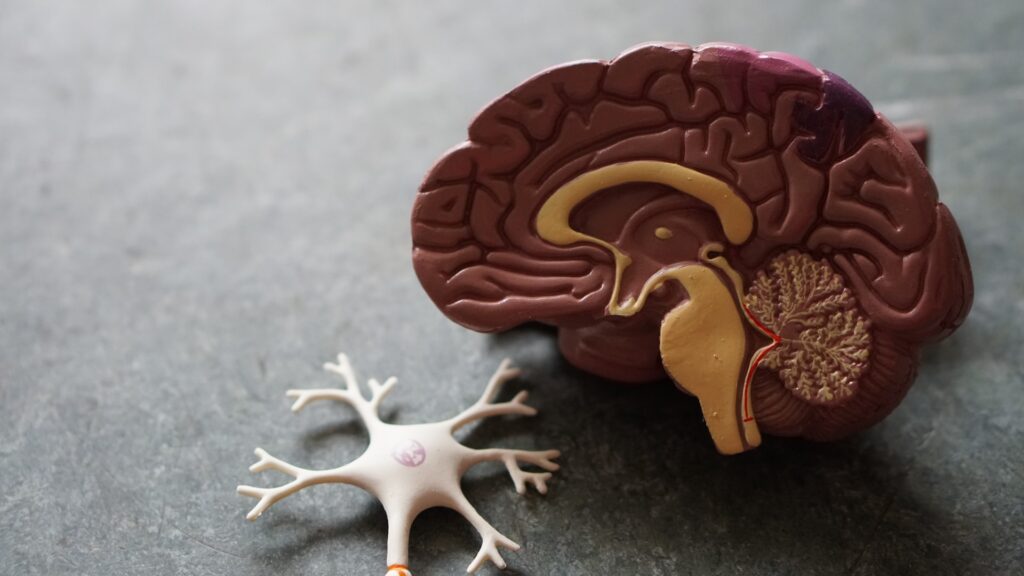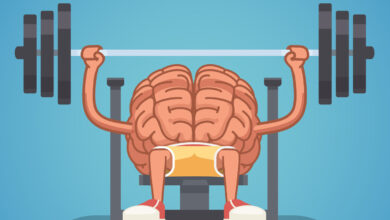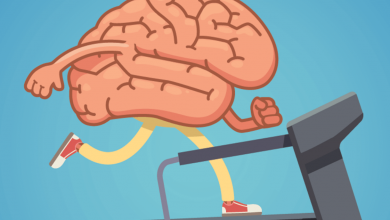Dualism and Its Place in Psychology

Dualism means treating the mind and body as different entities. The mind deals with all the mental processes, such as thoughts, consciousness, whereas the body deals with the physical elements, such as walking, sleeping, etc.
Is our mind a part of our body, or is our body a part of our mind? Numerous researches have been conducted to explore the relationship between the mind and the brain.
Humans are materialistic objects with weight and consist of all the forms of matter, namely, solid, liquid, and gas. Unlike other materialistic objects, say a stone, humans have feelings and can form judgments by their brain.
The concept of Dualism Psychology is debatable and is one of the hot topics for several years now. Not only psychologists but several other professionals, including biologists, scientists, philosophers, etc., are debating on the subject of Dualism.
The major point of discussion regarding this topic is whether the human brain, as well as mind, are two distinct elements, or it is all the same. To understand Dualism in a better light, head over to BetterHelp. They have perfectly explained how the human body and brain are two different objects.
Descartes’ Argument on Dualism
A famous scientist, Descartes, talked about how the body meets the mind at the pineal gland present in the human body. He said that this form of dualism shows the mind possesses control over the body.
However, the body can also control the brain if a person acts irrationally out of passion. All the research done before Descartes’ Argument showed that only a unidirectional relationship exists between the body, as well as the brain.
What is the Brain?

A brain is a biological object that exists as a physical element and is a portion of the human body. No matter if the person is attentive or not, the brain continues to be present. Placed inside the skull, the brain is an abundance of soft tissues.
According to Science, the brain is responsible for coordinating all mental processes of beings. The debate on this matter doubts whether the mind is, in reality, distinct from the brain.
What is the Mind?
The mind keeps account of everything human beings do while in their conscious state. The human mind is capable of forming judgments about someone or something. It also possesses wisdom, sentiments, and ideas.
When a human being experiences something for the first time, the mind processes fresh evidence and shapes judgments. The human ego is placed at the center of their consciousness or the emotional belief of the mind.
The Different Types of Dualism

There are several kinds of dualism in the debate of brain and body. Distinct types are believed to offer several opinions.
1. Substance Dualism: In this view of dualism, the brain and the mind are two different worlds. Rene Descartes was the person who explained the concept of substance dualism. In his view, the mind is present even if the body is not physically present. It can roam around and be present at any place the human wishes it to.
On the contrary, a human body can also survive without a mind, but it will not have the tendency to think. Hence, the body with our mind are different elements and yet are interconnected to each other. They are both connected with the help of a few glands situated deep in the brain.
2. Predicate Dualism: This form of dualism is dependent on manifestations of the real meaning of brain and mind. According to this view, the explanation of this world cannot be transformed into biological formulas.
For instance, no formula can define storms in physical phrases similar to what other common words do, such as thunderstorms, typhoons, etc. It is the existence of relative independence between the brain and the body.
3. Property Dualism: This dualism form assumes that consciousness’s integrity is much more than the brain states’ significance. Several years back, the concept of property dualism was used to clarify the disparity between the physical reality of life and the force responsible for starting life and enabling it to continue.
Moreover, recently this kind of dualism was used to differentiate between manual sensations stated by the brain and mental manifestations that include behaviors such as emotions and thoughts.
Debate Between Dualism and Monism

Numerous people debate how psychology must only deal with the “notable actions” of the body, like the response. As per them, thought processes that cannot be researched scientifically must be ignored. Some radical behaviorists go as far as wondering that is no such thing as the mind.
On the other hand, biologists think it does not exist, and they support the radical behaviorists. They believe the brain works like our mind, and these two do not exist separately. As per them, emotions are secreted in the brain that makes up the mind.
Both of them believe that only monism exists. Hence, as per them, dualism ceases to exist. However, they fail to account for the phenomenon of hypnosis.
Various scientists have conducted hypnosis on their specimens and have suggested that mind and brain exist separately. The evidence can be found in an experiment where the participants under the dose of hypnosis wonder that they were touching a red and hot piece of metal when all they were touching was a pencil.
As a result, they developed water blisters, as if they had really touched a burning metal. Also, hypnosis helped people control their pain after being a part of a severe accident.
This shows that the mind controls the brain, and the two continue to coexist. This theory also contradicts the existence of monism and shows that the body movement and the brain function separately.
Final Words
People have contrasting views on whether the two are different or the same entities. When you think about something, only your brain is working, and your body is at rest. However, it may cause certain changes in your body. Thus, it can be rightfully said that the mind makes matter move, and thus, dualism exists.



